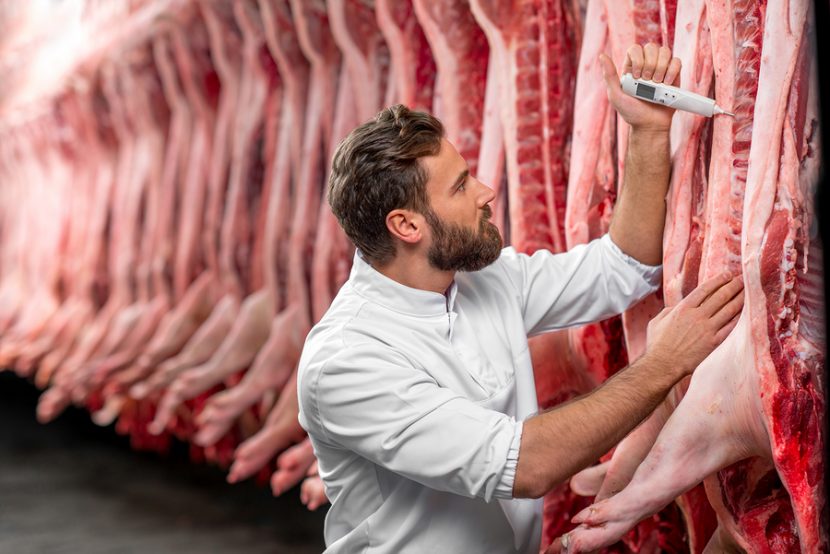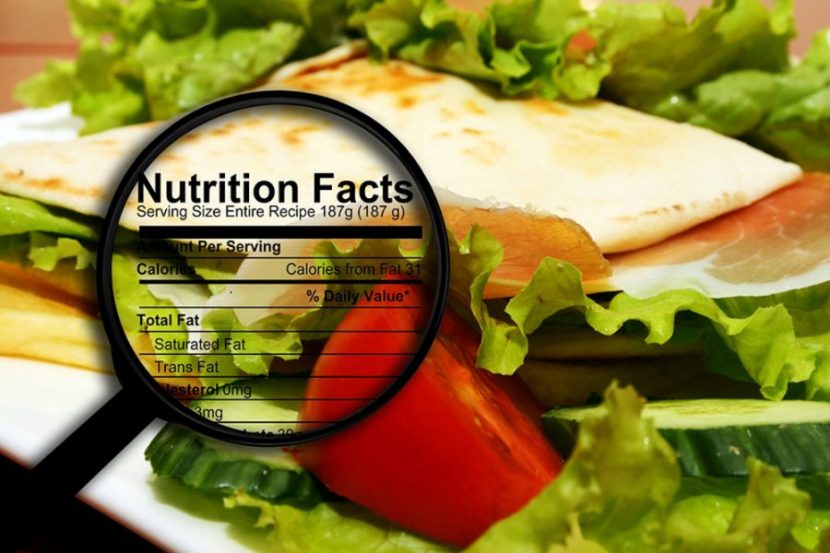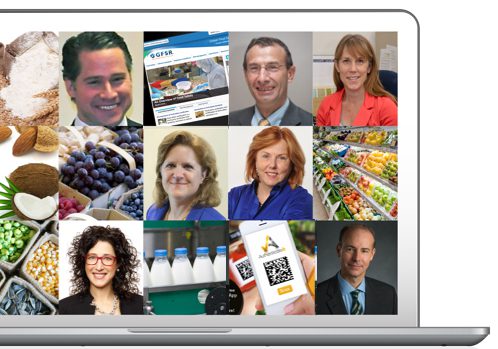The Benefits of Benchmarking: GFSI Sets the Bar High
By Heather Gale
The core business of the Global Food Safety Initiative (GFSI) is to set rigorous requirements for the elements that food safety programs must contain, and then to examine programs that voluntarily submit themselves to review. This process is called benchmarking, and programs that meet the requirements are officially recognized by GFSI. GFSI examines both the technical content of the food safety standard as well as program management, oversight and delivery.
Nine food safety programs (or “food safety schemes”) have successfully completed benchmarking against the last set of GFSI requirements (Version 6, published in 2012) and have been officially recognized by GFSI. A list and further details are available on the GFSI website.
Benefits to GFSI-Recognized Schemes
There are hundreds of food safety programs around the world, but only nine have been successfully benchmarked to GFSI requirements. The owners of these schemes have voluntarily applied for benchmarking and have demonstrated that they offer rigorous, credible food safety programs for implementation by the food companies that choose to use them.
The benchmarking process itself provides benefits to the schemes by strengthening and streamlining food safety requirements and by raising the bar on best practices in scheme management, transparency and oversight of certification bodies and auditors.
Benchmarking multiple food safety schemes against GFSI requirements provides assurance that common elements are included in all programs. At the same time, benchmarking ensures that there is equivalency of outcome, while preserving competition between food safety schemes and the certification bodies that deliver audits.
Only nine programs have been successfully benchmarked to GFSI requirements.
Benefits to Food Companies Implementing GFSI-Recognized Schemes
Food companies that choose to implement a GFSI-recognized scheme do so with the knowledge that they are using an internationally recognized, credible, and comprehensive food safety program. The GFSI mission is to “provide continuous improvement in food safety management systems to ensure confidence in the delivery of safe food to consumers worldwide”. Two key GFSI objectives include:
- Reduce food safety risks by delivering equivalence and convergence between effective food safety management systems
- Manage costs in the global food system by eliminating redundancy and improving operational efficiency
These goals mean that a food company that implements a GFSI-recognized scheme is more likely to satisfy the demands of multiple customers with one certification program. Many buyers have adopted the GFSI mantra: “Once certified, recognized everywhere.” This approach has the effect of reducing the number of audits and certifications that a company is required to undergo in order to secure contracts with a range of different customers.
Companies, large or small, benefit by making improvements that align with programs that have been GFSI-benchmarked. Passing a GFSI audit and maintaining a world-class program serve to drive continuous improvement within an operation.
Benefits to Customers Accepting GFSI-Recognized Schemes
Many retailers, food service buyers and other customers use third party audits by an accredited certification body against a GFSI-benchmarked scheme to assess their suppliers. A properly planned and executed GFSI benchmarked audit, based on internationally recognized standards, can and does provide the information needed to assess and improve food safety systems.
While third-party audits are a useful tool for advancing food safety, they also can be unnecessarily disruptive and duplicative. In a recent GFSI blog post, GFSI director Rick Roop notes that “multiple audits reviewing the same programs at the same location are redundant and detract from the management team’s focus as well as proper execution of programs in a facility… Adoption of the ‘once certified, recognized everywhere’ philosophy saves money while improving efficiency and food safety performance.”
Supporters of GFSI agree it is making a positive difference in the world by encouraging adoption of recognized best practices within the industry. With this kind of rigorous commitment to excellence, together we can make food safe for all.
About the Author:
Heather Gale is the Executive Director for CanadaGAP®, a food safety program for companies that produce, handle and broker fruits and vegetables. Canada GAP® was first benchmarked to GFSI in 2010, and is currently GFSI-recognized for certification options B, C and D. Read more about CanadaGAP—and download the organization’s free food safety manuals for fresh fruits and vegetables—at www.canadagap.ca.

-
 FeaturedRisk management
The Cost of a Breach: What a Cyberattack Could Mean for Food Safety Recalls
FeaturedRisk management
The Cost of a Breach: What a Cyberattack Could Mean for Food Safety Recalls
-
 FeaturedRisk management
Securing the Food Chain: How ISO/IEC 27001 Strengthens Cybersecurity
FeaturedRisk management
Securing the Food Chain: How ISO/IEC 27001 Strengthens Cybersecurity
-
 FeaturedRisk management
Revolutionizing Food Safety Training: Breaking Out of the “Check-the-Box” Mentality
FeaturedRisk management
Revolutionizing Food Safety Training: Breaking Out of the “Check-the-Box” Mentality
-
 GFSI Standards
GFSI 2025: Building Trust, Tech-Forward Solutions, and Global Unity in Food Safety
GFSI Standards
GFSI 2025: Building Trust, Tech-Forward Solutions, and Global Unity in Food Safety
-
 FeaturedFood Safety
Integrated Pest Management: Strategies to Protect Your Brand’s Reputation
FeaturedFood Safety
Integrated Pest Management: Strategies to Protect Your Brand’s Reputation
-
 FeaturedFood Safety Culture & Training
No Open Door Policy: Challenges That Impact Pest Control in Food Processing Plants
FeaturedFood Safety Culture & Training
No Open Door Policy: Challenges That Impact Pest Control in Food Processing Plants




